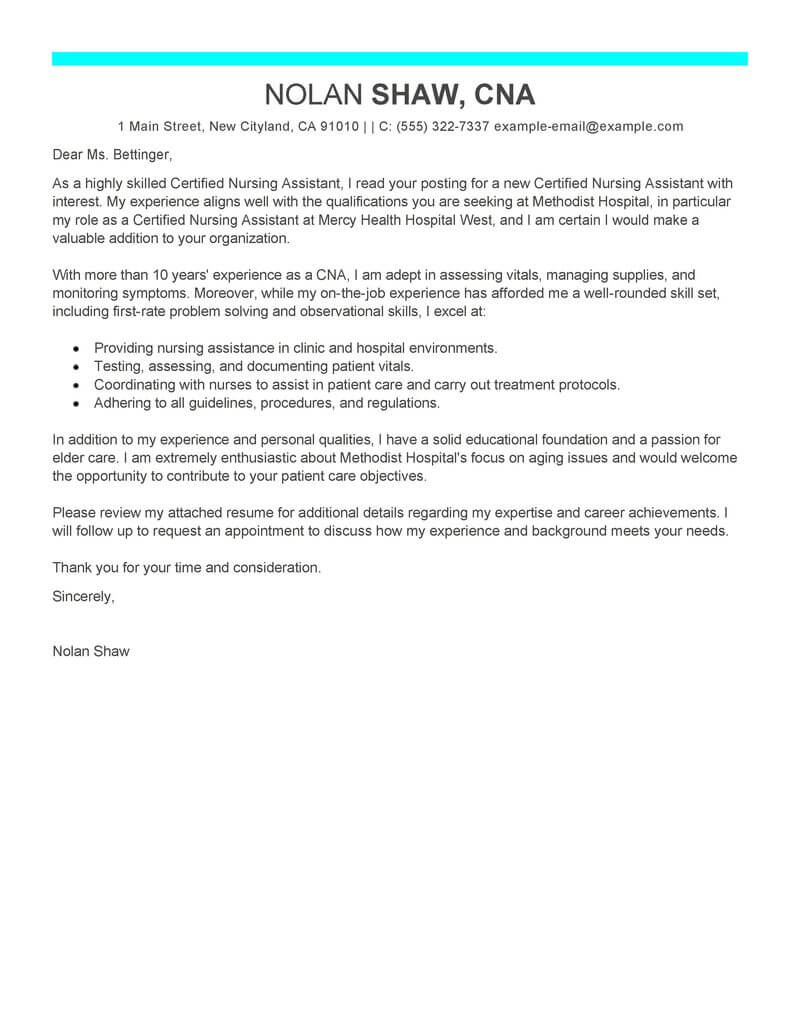Table of Content
Private duty nursing by our trained caregivers can serve to support your physician's treatment plan, aiding in your recovery. Private Duty nursing is a cash pay based service, not paid for by insurance. A detailed comprehensive review of health care agencies and how they fit into the continuum of care, can be downloaded here. Home health care is not the same as end of life care which is provided by hospice. Home health care is both for short-term and long-term situations.
Part C essentially puts all the Medicare parts into a single bundle. Perks of this part can include smaller out-of-pocket costs compared to only opting for original Medicare. It can also cover other types of treatment not included elsewhere in Medicare. This might consist of benefits for eye care, dental checkups, and hearing. Your doctor orders this type of skilled daily care for you, indicating that it can only be delivered by a skilled nursing or rehabilitation staff (or under the staff’s supervision). You must be homebound, meaning you can’t leave your home without assistance, or it might be dangerous to leave due to your health condition.
Medigap policies don't cover everything
Paid Family Leave laws are not limited to caring for aging parents, one can also care for their children or spouses. The most important qualification to obtain home health care is that you are “homebound”. Homebound in this context means that you require assistance to leave your home. Assistance can mean that you need a cane, a wheelchair or walker, crutches, or even just the assistance of a third-party due to a chronic or acute condition. The criteria can also be met if it is not advisable that you leave your home because of your condition. It does not mean that you cannot leave your residence under any circumstances.

Our licensed insurance brokers are experts in Medicare and specialize in assisting Medicare beneficiaries with understanding the coverage options. They can also assist with choosing the plan that matches your needs and help you enroll. You must be homebound, need skilled nursing care regularly, and have a doctor’s plan of care. Discuss your choices with your healthcare team and any members of your family who may be involved in helping you transition to long-term care services. Assisted Living Facility.This type of long-term care integrates independent living arrangements with services that cover the spectrum between daily living and basic healthcare needs. Paid Family Leave is a type of program that allows working individuals to take time off from their jobs (or take non-consecutive days off) to care for their family member.
What’s the Difference Between Home Health Care and Nursing Home Care?
Medicare does not pay for long-term care services, such as in-home care and adult day services, whether or not such services are provided by a direct care worker or a family member. To qualify, patents must be under the care of a doctor and the services and the doctor must direct the care. For Medicare, the home health visits are only approved for a short period of time. Renewal requires an in person visit with either a physician or nurse practitioner.

Long-term care facilities, like a nursing home or assisted living facility, are often very expensive. Unfortunately, private health insurance policies usually do not cover these services. Medicare coverage for long-term care is limited and most people do not have private long-term care insurance policies. For California residents who require long-term care services, Medi-Cal is the source of funding most often used. In fact, Medi-Cal covers the nursing home expenses of nearly 65% of California residents in nursing homes. Persons cannot simply decide they require nursing care due to aging conditions, plan for a 3-day qualifying hospital stay, and receive Medicare-funded nursing facility care.
Medicare Supplemental Plan G Provides the Following Benefits
Unlike Original Medicare coverage, the Supplemental Plan G pays for blood coverage. Plan G will pay for blood the patient might need during major surgery. As mentioned, each state has different guidelines for the level of income or assets your loved one can have to qualify for nursing home coverage through Medicaid.
The doctor’s care plan will include regular visits from a nurse or other healthcare professionals. For a home health agency to be approved by Medicare, specific requirements must be met. The home health agency must be licensed in the state where it’s located and has quality assurance and patient satisfaction programs. Personal preferences and the circumstances of a person’s needs will be factors in choosing which setting for services works best for them.
Per MACRA, first-dollar coverage plans will no longer be available to new beneficiaries. This is due to an effort by Congress to curb medical overspending and provide adequate wages for doctors. If you currently have Plan F or are not newly eligible, you can still enroll.

Some individuals may find they require Medicaid services after they exhaust their personal financial resources in paying for long-term care. To find out more on how to qualify, visit the State Health Insurance Assistance Programs network. Those who served in the military may be able to receive financial assistance for long-term care services through the United States Department of Veterans Affairs. Assisted living facilities provide support with daily personal care. Neither Medicare parts A or B pay for this, but some Medicare Advantage Plans do. Insurance providers can give more information about the dementia care coverage that specific Advantage plans offer.
Another possible way to lower costs for long-term care is by enrolling in a Medicare Advantage plan. These plans offer the same Part A and Part B benefits of Original Medicare, but they often come with extra coverage that may not be included in Original Medicare. Medicare may cover in-home care from a home health aide if you receive hospice care and short-term skilled nursing care. Other services don’t receive coverage such as transportation, meals, and household chores. Most of the non-covered services are referred to as custodial care services. The benefits of Medicare supplemental plans extend the benefits of Medicare.

In addition, some Medicare Advantage plans (offered by private Medicare-approved insurance companies) may include coverage for nursing home services. In most cases, long-term nursing home care is only covered if you live in a nursing home that is contracted with your plan. However, some Medicare Advantage plans have Special Needs Plans that may help you if you live in a nursing home or have certain conditions, such as congestive heart failure. Skilled nursing facility care is considered an extension of one’s 3-day qualifying hospital stay. As such, a physician must determine that ongoing skilled nursing care is required following hospital discharge. One must be admitted to a skilled nursing facility within 30 days of the 3-day qualifying hospital stay.
Custodial care is the type of care provided to help you with activities of daily living, such as bathing and dressing. Medicare coverage requires skilled nursing and therapeutic services. Eight of the 10 standardized Medigap plans available in most states offer at least partial coverage for your skilled nursing facility coinsurance. Medicare Part A covers limited skilled nursing care, as long as it is medically necessary to treat an injury or illness and you meet certain conditions. Medicare does not cover long-term care or custodial care, if that is the only care you require.
Yes, if you are receiving hospice care, Medicare may cover in-home care from a home health aide. Medicare will pay for a Medicare-certified home health agency that employs home health aides. MedicareSupplement.com is owned and operated by TZ Insurance Solutions LLC, a licensed insurance agency.
To be a qualifying hospital stay, the 3-day stay must be “medically necessary”. Medicare defines this as “health care services or supplies needed to diagnose or treat an illness, injury, condition, disease, or its symptoms and that meet accepted standards of medicine”. It is our interpretation that if care is needed to save one’s life or is required for one to get better or remain stable, it is “medically necessary”. Examples include heart attack, stroke, fall, chronic obstructive pulmonary disease , heart failure, shock, and pneumonia. Medigap is an option for persons who choose to receive their Medicare benefits through Original Medicare .

No comments:
Post a Comment